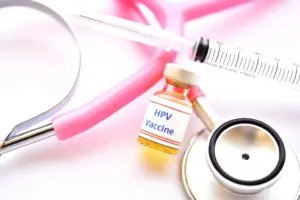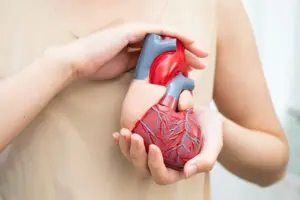
Amid the rising number of cardiac-related fatalities in the state, the Karnataka Health Department has made such deaths in individuals below 45 years “notifiable,” requiring mandatory reporting to authorities.
The move follows recommendations from an expert committee led by Dr. K.S. Ravindranath, director of Sri Jayadeva Institute of Cardiovascular Sciences and Research. The committee was tasked with studying the potential link between COVID-19 infection or vaccination and sudden cardiovascular events. The decision was announced by Health Minister Dinesh Gundu Rao.
Also Read | WHO to showcase Karnataka’s ‘Asha Kirana’ as global eye care model
“Any such deaths that occur outside a hospital will have to be mandatorily reported to the department. Following the committee’s recommendations, we will now make the autopsy of all such deaths compulsory to ascertain the cause. Directions in this regard will be issued soon,” the minister said.
The panel did not find any direct association between COVID-19 vaccines and sudden cardiac deaths. “Long-term studies show that vaccines may offer protection against cardiac events,” Rao said, clarifying that mRNA vaccines, which have been linked to myocarditis in rare cases abroad, were never used in India.
Dr. Ravindranath emphasised that the rise in sudden deaths appears to be multifactorial, involving genetic, lifestyle, and environmental factors. “There is no single cause. While the post-COVID period did see an inflammatory spike, we are now three years past the pandemic,” he said.
The Karnataka government also plans to screen schoolchildren aged 15+ for congenital heart defects, train the public in CPR with support from NGOs and offer annual health screenings for all government employees, including contractual staff.
The Puneeth Rajkumar Hrudaya Jyothi scheme, a rural heart attack response initiative, will also now be extended to all taluks. The scheme, launched in 2023, provides rapid STEMI (heart attack) diagnosis and treatment through a hub-and-spoke model. The government also plans to fast-track the installation of Automated External Defibrillators (AEDs) in public spaces such as railway stations, airports, and courts.








